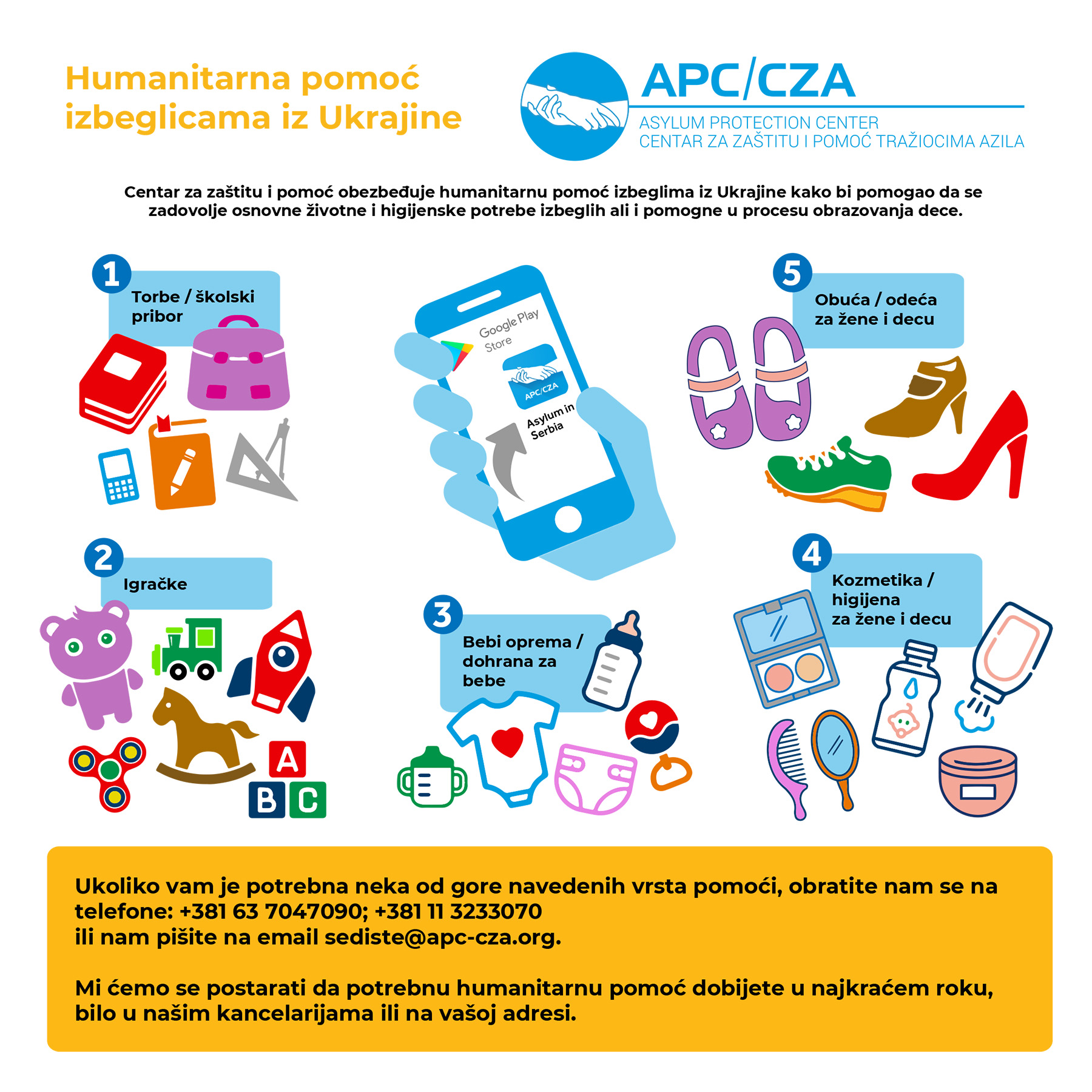priredio: APC foto: Gety images/AFP/L.Goluliamaki
Pariz,12.juli – Broj ilegalnih migranata koji pristižu u Evropu u opadanju je od aprila kada je Evropska unija postigla sporazum s Turskom o zaustavljanju priliva ljudi preko Egejskog mora, saopštila je evropska agencija za granice Fronteks. Ova organizacija tako?e navodi da je Italija postala nova vode?a destinacija za izbeglice,uglavnom iz Libije.
– U prvih šest meseci 2016. godine zabeleženo je 360.000 ilegalnih ulazaka u EU, što je viša brojka nego u prošloj godini, ali se priliv ljudi ublažio od aprila – izjavio je Fabrice Legeri, izvršni direktor Fronteksa..
Legeri je za radio stanicu Europe 1. naveo da je Italija nadmašila Gr?ku, kada je re? o glavnoj ta?ki ulaska, i da ve?ina migranata sada kre?e u Evropu iz Libije. Oko 750 ljudi svakodnevno u?e u Italiju, u pore?enju s pedesetak koliko ih sada ulazi u Gr?ku svakog dana. (prema podacima Me?unarodne organizacije za migracije više od 67.000 migranta stiglo je po?etkom jula u Italiju preko mediterana, a njih 2.499 se utopilo u tom pokušaju.
– Tako je sada Italija nova linija fronta – rekao je portparol Fronteksa. Prema njegovim re?ima sporazum EU i Turske, po kome se Turska obavezala da zaustavi ilegalne migracije preko svoje teritorije u zamenu za finansijske i politi?ke nagrade, izatvaranje gr?ko-makedonske granice dva glavna razloga za opadanje priliva izbeglica.
Toom 2015. godini Fronteks je registrovao više od 1,5 miliona neregularnih prelazaka granice u Evropu, ve?inom u Gr?ku, pre nego što su izbeglice beže?i od rata i siromaštvom na Bliskom istoku, u severnoj Africi i u drugim regijama kretali severnije prema Nema?koj i Švedskoj,.
EU se priprema da preimenuje Fronteks, sa sedištem u Varšavi, u Evropsku agenciju za granice i obalskuu stražu, uz dvostruko pove?anje osoblja, kao i pove?anje finansiranja na 322 miliona eura do 2020. godine.
Zaštita granica osta ?e odgovornost zemalja ?lanica i agencija ?e nastaviti da se oslanja na evropske prestonice kako bi dale predloženih 1.500 grani?ara spremnih na brzi razmještaj u svakoj kriznoj zoni, prenosi Reuters.
FRONTEX – EU migrant influx easing since April
PARIS, July 12 (Reuters) – The number of illegal migrants entering Europe has fallen since April after the European Union sealed a deal with Turkey to halt flows across the Aegean Sea, the border agency said, and Italy has become the new frontline for refugees, mostly from Libya.
„For the first six months of 2016, there were 360,000 illegal entries in the EU, which is higher than what we saw last year, but the influx has been diminishing since April,“ Fabrice Leggeri, executive director of Frontex, the agency in charge of protecting the bloc’s external borders, told Europe 1 Radio.
Leggeri said Italy had overtaken Greece as the primary point of entry and most migrants were now embarking for Europe in Libya. About 750 were arriving in Italy daily compared with about 50 in Greece.
„So the new frontline is Italy,“ he said.
In all of 2015, Frontex recorded more than 1.5 million irregular border crossings into Europe, mostly to Greece before marching north to Germany and Sweden, fleeing war and poverty in the Middle East, North Africa and elsewhere.
A Frontex spokesman said the EU-Turkey deal, under which Turkey agreed to halt illegal migration through its territory in return for financial and political rewards, and the closure of the Greece-Macedonia border earlier this year, were the two main reasons behind the declining figures.
Leggeri was speaking ahead of a news conference on plans for the agency’s future later on Tuesday.
Most of those arriving in Italy were from sub-Saharan Africa, he said.
A humanitarian group said it had recovered the bodies of four migrants and rescued around 400 survivors on Tuesday from an overcrowded wooden boat in the Mediterranean en route to Italy from Libya. The dead suffocated below deck, the Malta-based Migrant Offshore Aid Station, whose rescue ship carried out the operation, said on Twitter.
The EU is preparing to rename Frontex, based in Warsaw, the European Border and Coast Guard Agency, with a two-fold increase in staff and funding worth 322 million euros by 2020.
Border protection would remain a national responsibility and the agency will continue to rely on EU capitals for contributions to a proposed pool of 1,500 border guards ready for quick deployment to any crisis spot. (Reporting by Matthias Blamont; Editing by Andrew Callus and Janet Lawrence)
 AzilSrbija Centar za zaštitu i pomoć tražiocima azila
AzilSrbija Centar za zaštitu i pomoć tražiocima azila




